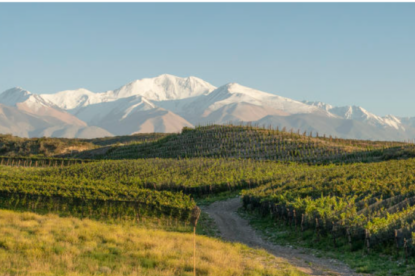Wine conversations and copy are often dusted with the word ‘clone,’ but what does it really mean, and how does it translate into the glass and on to the palate?
To create a clone, vines are propagated with cuttings from a selected ‘parent.’ Grape growers will sometimes find a vine with a specific trait, such as drought or disease resistance or desired size, flavor, or aroma that they want to replicate. Unlike many other plants, grapevines are self-pollinated so they can adapt to environmental stressors which creates new variants or clones. One famous vine vulnerability is Phylloxera. The tiny insect came on to the wine scene in the late 1800s, with a new resistant strain hitting California a century later and wiping out an estimated two-thirds of Napa valley’s plantings in its path.
Determined to save some of the region’s best Cabernet Sauvignon vines, the University of California Davis (UC Davis) Foundation Plant Services selected a few distinctive clones and designated them Heritage Clones. These clones were determined to be true-to-variety healthy, vines – and perhaps most importantly – with a reputation for quality wine production. UC Davis has designated only three Cabernet Sauvignon heritage clones in California – and only one from Stags Leap District.
UCD 30, known as the “Disney-Silverado Heritage Clone,” is that vine. The name was inspired by Walt Disney’s widow Lillian Disney, who founded Silverado Vineyards with her daughter and son-in-law Diane and Ron Miller in 1981. (Ron and Diane’s children and grandchildren own the winery today.) The vines which later earned UC Davis’s rare Heritage classification were planted on the Silverado Vineyard in 1968 by Harry See, of See’s Candy fame.
Beginning with the 2002 vintage, Silverado Vineyards decided to create a single wine that is a reflection of this single respected clone, grown on this single site. Each year, they continue to honor this extraordinary clone with SOLO Cabernet Sauvignon. Silverado Vineyards’ steep, shale soils and western exposures to the late afternoon sun come together to produce a Cabernet with the character and structure for which the Stags Leap District came to be known. Crafted by winemaker Jon Emmerich, the winery’s flagship wine retails for $125. SOLO can be purchased at retailers and restaurants nationally, through the winery’s club or website, or enjoyed on the actual vineyard that created the history on the Silverado Vineyard tour among some very important vines.

Last Updated: May 5, 2023














